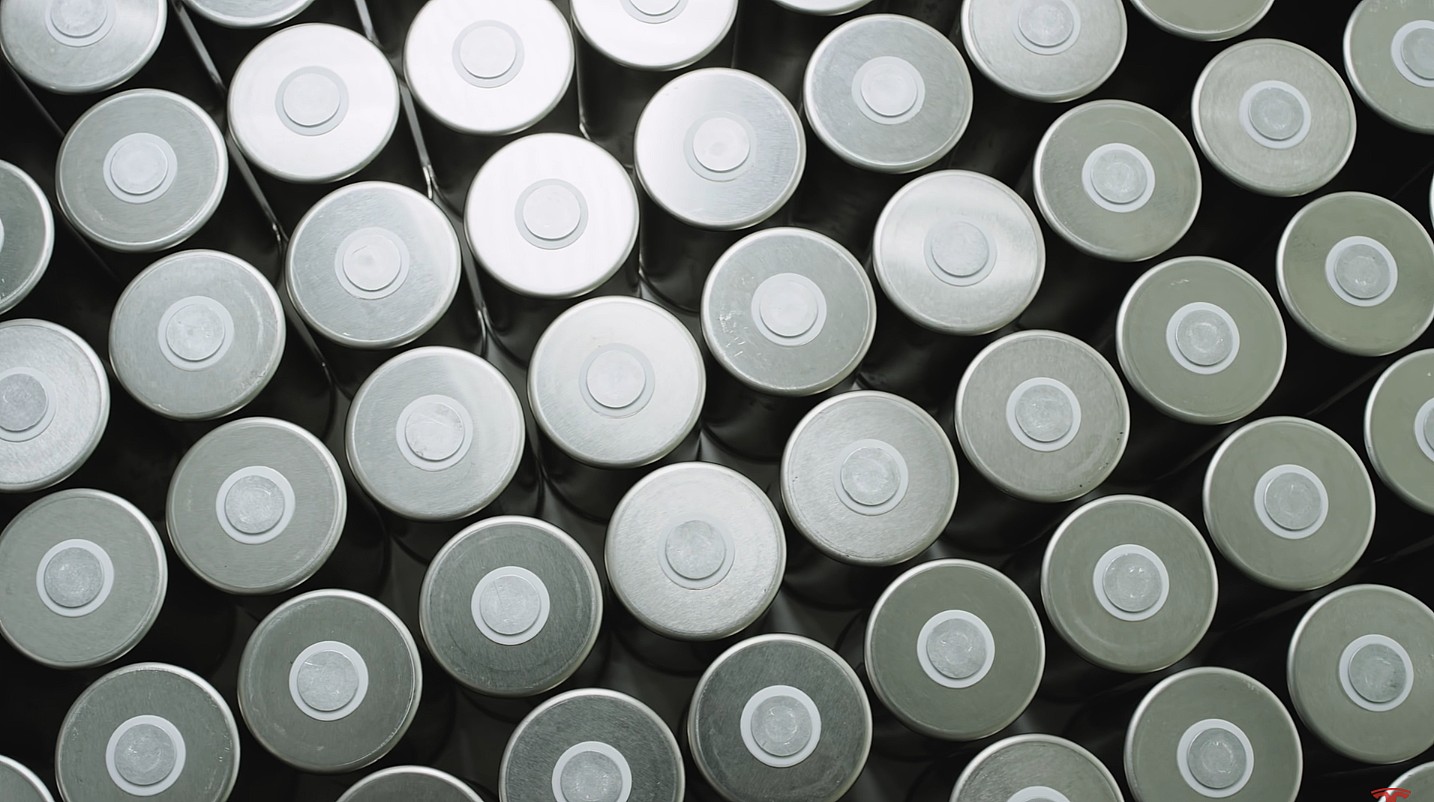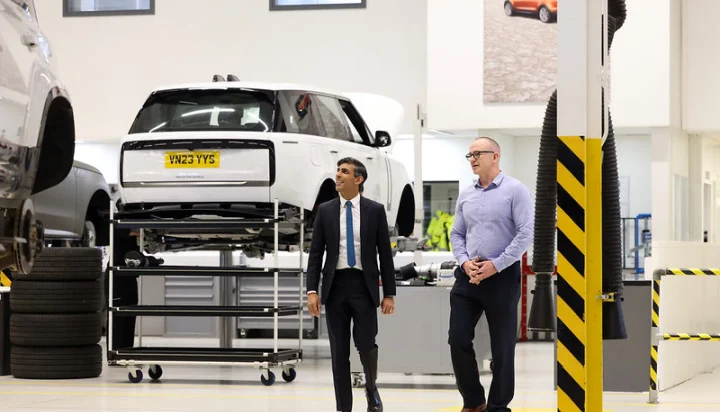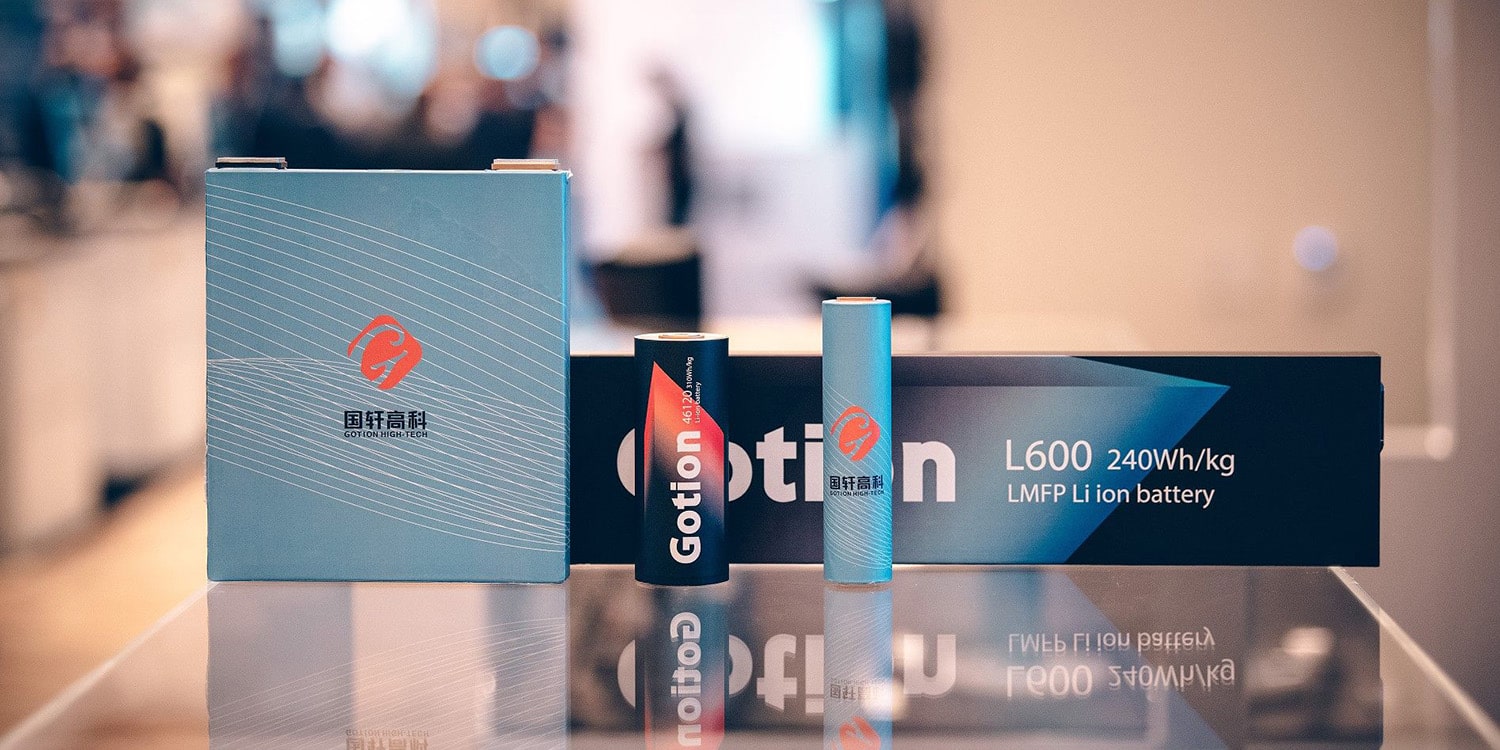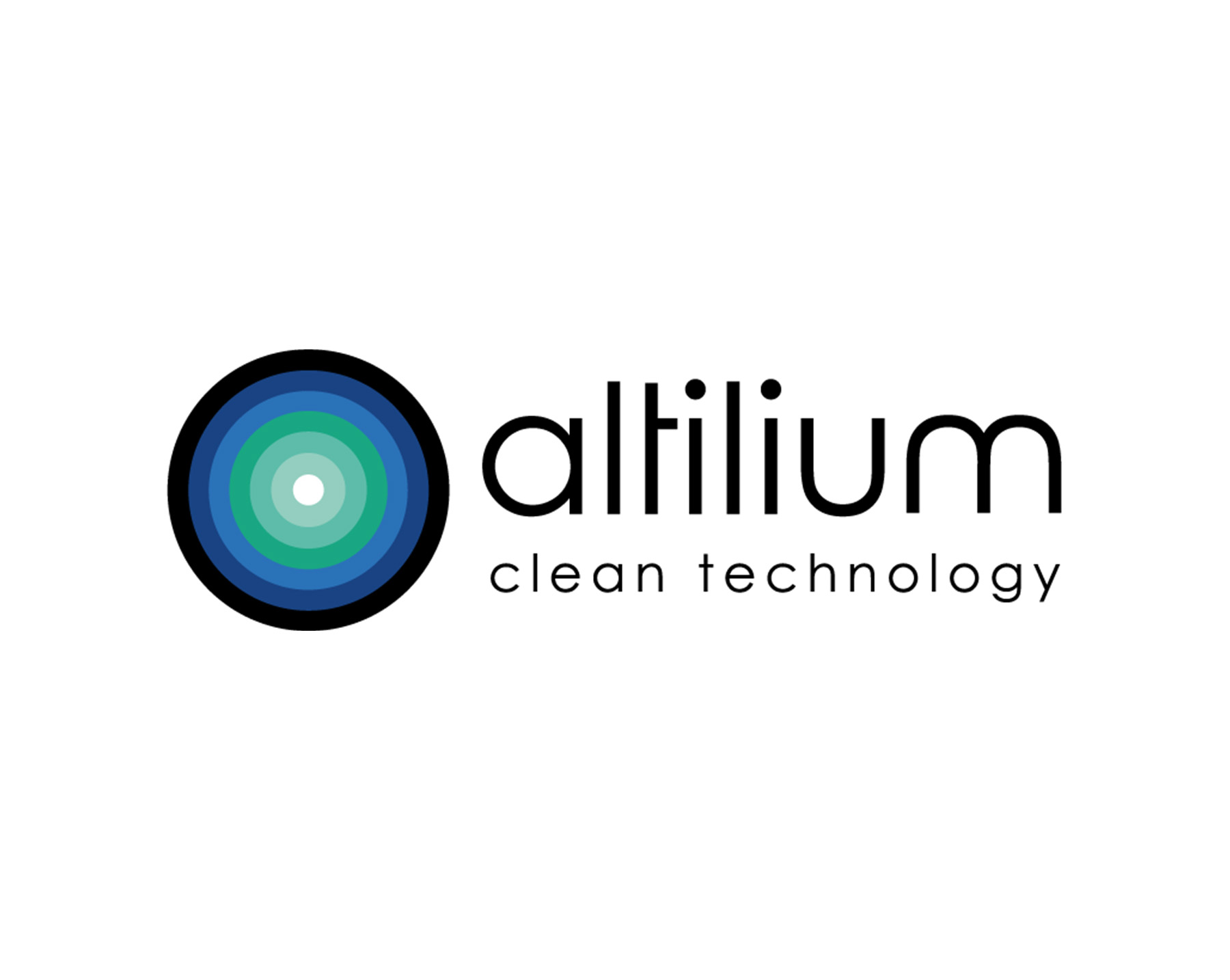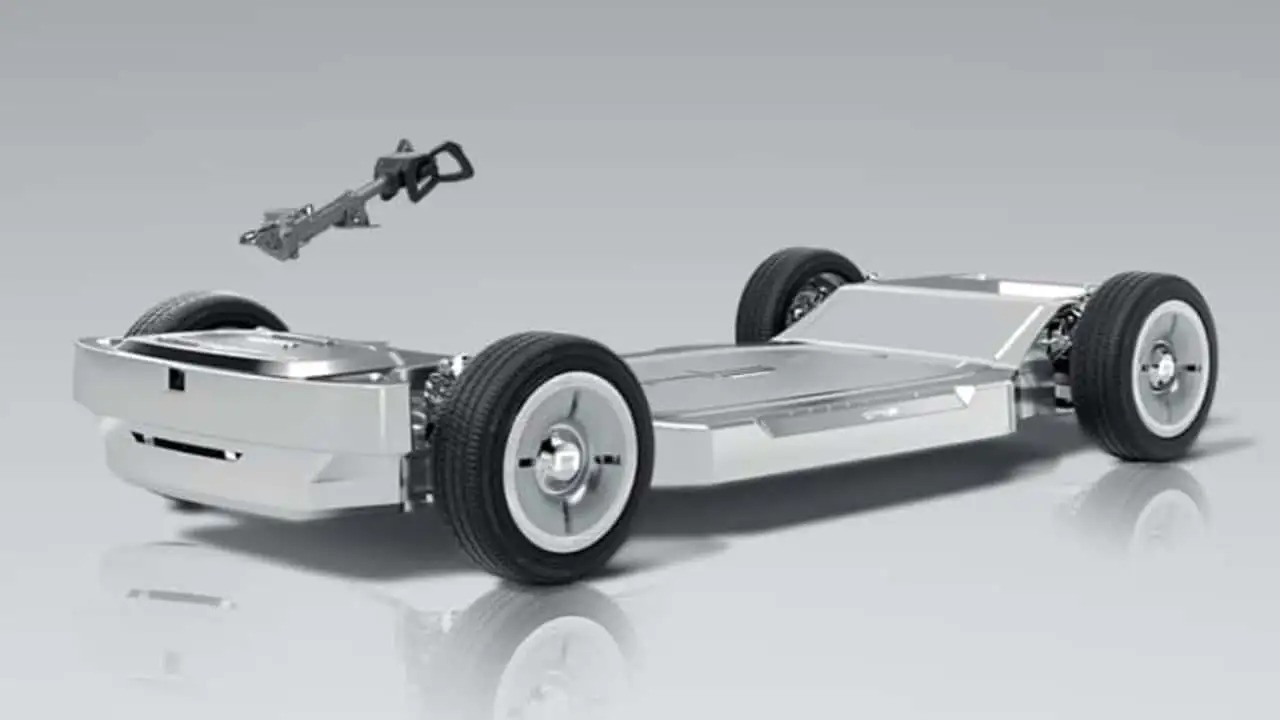Lithium-ion battery pack prices have witnessed a notable 14% reduction to $139 per kWh compared to the previous year, according to BloombergNEF’s (BNEF) annual battery survey.
BNEF’s survey findings project a volume-weighted average cost of $128/kWh for lithium-ion battery packs in electric vehicles (EVs) in 2023. The survey indicates that the average price for cells within EV battery packs stands at $89 per kWh, with cells comprising 78% of the total pack cost. This marks an increase in the cell-to-pack cost ratio compared to the traditional 70:30 split.
China emerges with the lowest lithium-ion battery pack prices, recording $126/kWh. Notably, Contemporary Amperex Technology Co. (CATL), based in China, commands a dominant position in the global EV battery industry, securing a 37% market share as of October 2023.
In contrast, the United States and Europe report battery pack prices 11% and 20% higher than China, respectively. The survey attributes these variations to the relative immaturity of these markets, elevated production costs, lower volumes, and diverse applications driving pricing disparities.
BNEF underscores the correlation between decreasing lithium-ion battery pack prices and the declining costs of raw materials and components, facilitated by expanding production capacities.
Evelina Stoikou, the Senior Associate of Energy Storage at BNEF and lead author of the survey, commented on the evolving dynamics, stating, “It is another year where battery prices closely followed raw material prices. In the many years that we’ve been doing this survey, falling prices have been driven by scale learnings and technological innovation, but that dynamic has changed. The drop in prices this year was attributed to significant growth in production capacity across the value chain in combination with weaker-than-expected demand.”
The survey also notes the global trend of Asian battery suppliers, such as LG Energy Solution (LGES) and SK On, making substantial investments in the United States. This surge in foreign battery supplier activity in North America is attributed to the implementation of the Inflation Reduction Act (IRA) by the Biden Administration, incentivizing EV manufacturing within the region.
Despite these investments, LGES and SK On have reported workforce adjustments, citing a decline in demand for electric vehicles and, consequently, batteries for EVs.

